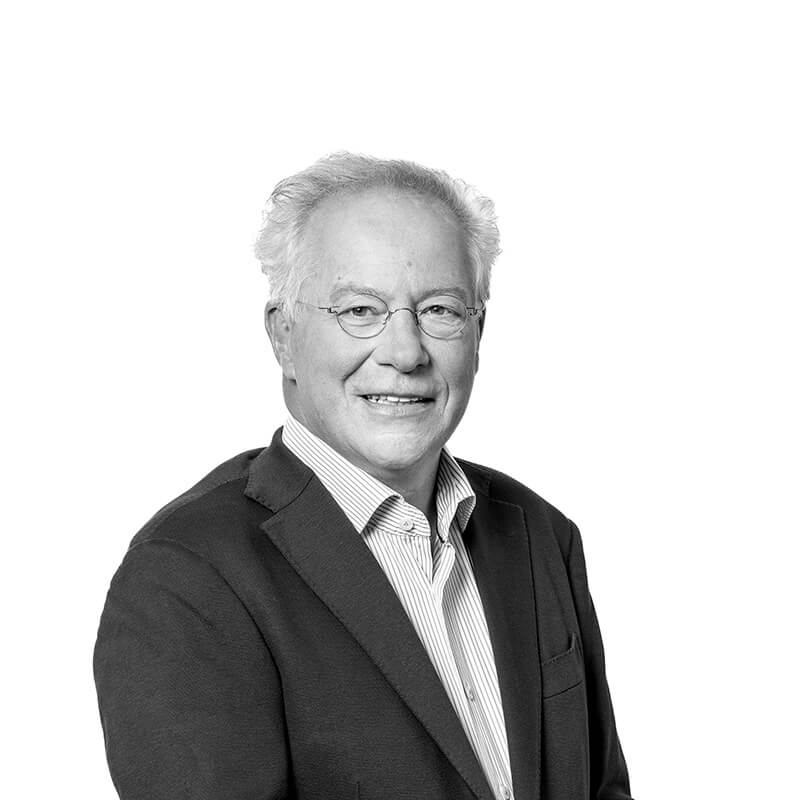Interview
The transition to nature-friendly agriculture with Jerusalem artichoke
For many farmers, current farmland prices are too high; the yields are disproportionate to the value of the land. To accommodate innovative farmers' desire for nature-friendly farmland, the collective Jerusalem artichoke was established.

Innovative farmers with desire for nature-friendly farmland
Nutritious and delicious food starts with healthy soil. Unfortunately, this is under pressure from intensive tillage, fertilizers and pesticides. The number of insects and farmland birds has declined noticeably in recent decades.
For many farmers, current farmland prices are too high; the yields are disproportionate to the value of the land. To accommodate innovative farmers' desire for nature-friendly farmland, the collective Jerusalem artichoke was established.
Jerusalem artichokes connect farmers and citizens. They balance soil and biodiversity. Their long-term goal is to restore a third of Dutch farmland. And to ensure that they grow into a collective of like-minded people, driven by a common goal: to create a nature-friendly agricultural and food system.
Aardpeer is an initiative of:
- BD Land Management Foundation
- Triodos Regenerative Money Centre
- We.land Foundation
- Herenboeren Foundation NL
Kees van Biert is involved in Aardpeer as chairman of the Board of Directors of Stichting BD Grondbeheer.Kees explains how you can contribute to the transition to nature-friendly agriculture:
How did you get involved in this?
"My father was a farmer. Because of my background, I know the dilemmas of many farmers, which is why I have been president of the BD Land Management Foundation for 8 years.
The farmland purchased by BD Land Management Foundation is leased at a rental price that allows it not to deplete the earth. This gives farmers with ideals the space to take good care of the soil and biodiversity. Moreover, this is long-term leasing; this is more sustainable than land leased for a few years or even just one year. It provides the tenant with long-term security so that he or she can invest in more sustainable operations.
Each company commits to managing the land carefully through a plan, which is then reviewed by Aardpeer.
How can Aardpeer fund this?
"In order to generate that 'free money,' BD Grondbeheer Foundation has issued a €15 million bond within Aardpeer. With the proceeds, BD Grondbeheer buys land, of which it remains the owner, but which it makes available to nature-friendly farmers on a long-term basis and at a realistic lease price. The 'together for land' bonds cost 500 euros each and have a term of 5 or 10 years. They yield a modest interest rate of 0.7 and 1.2 percent, but the return on our nature and healthy food is substantial.
More than 7.2 million euros have now been raised. The money raised will be used to purchase farmland for five entrepreneurs and food initiatives that meet the criteria of Aardpeer."
What is JBR's role?
"In setting up the financing model, JBR's knowledge was also used. That is a nice cross-pollination of corporate finance and the joint love for a sustainable world. JBR also participated in Aardpeer with a bond package."
Please contact mepersonally

Kees van Biert
Founding and Associate Partner